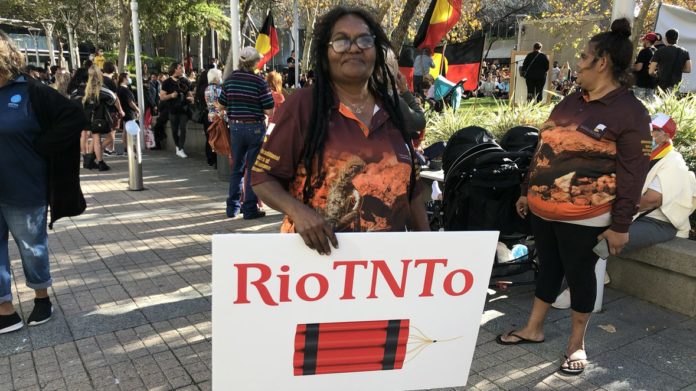
AN inquiry into the destruction of ancient Aboriginal caves this year by Rio Tinto is expected to have far-reaching governance and legal consequences for the mining industry, but the right to veto expansions may not be part of the changes, Reuters reported.
The inquiry into the lawful destruction of the 46,000-year-old Juukan Gorge rock shelters for an iron ore mine expansion has heard dozens of testimonies and seen more than 140 submissions from miners, heritage specialists and Aboriginal and civil society groups, said Reuters. The inquiry is due to report on December 9.
“From an Aboriginal rights and social licence to operate perspective, the world has turned and if anyone in the resources industry… is wanting to impact country, they ignore that at their peril,” Marcus Holmes, principal of Land Equity Legal told Reuters.
The inquiry has exposed practices including ‘gag’ clauses in land use agreements that restrict Aboriginal groups from publicly objecting to mining developments and from using some Australian laws to protect their land, said Reuters.
Yet recommendations are likely to fall short of Aboriginal group demands to veto certain expansions. Whether the committee would go as far as to recommend veto rights was the big question, said Jamie Lowe, CEO of land rights body the National Native Title Council.
But he said the issue of veto was not a reason to be fearful because ethical organisations agree anyway not to blast if a landowner group objects.











